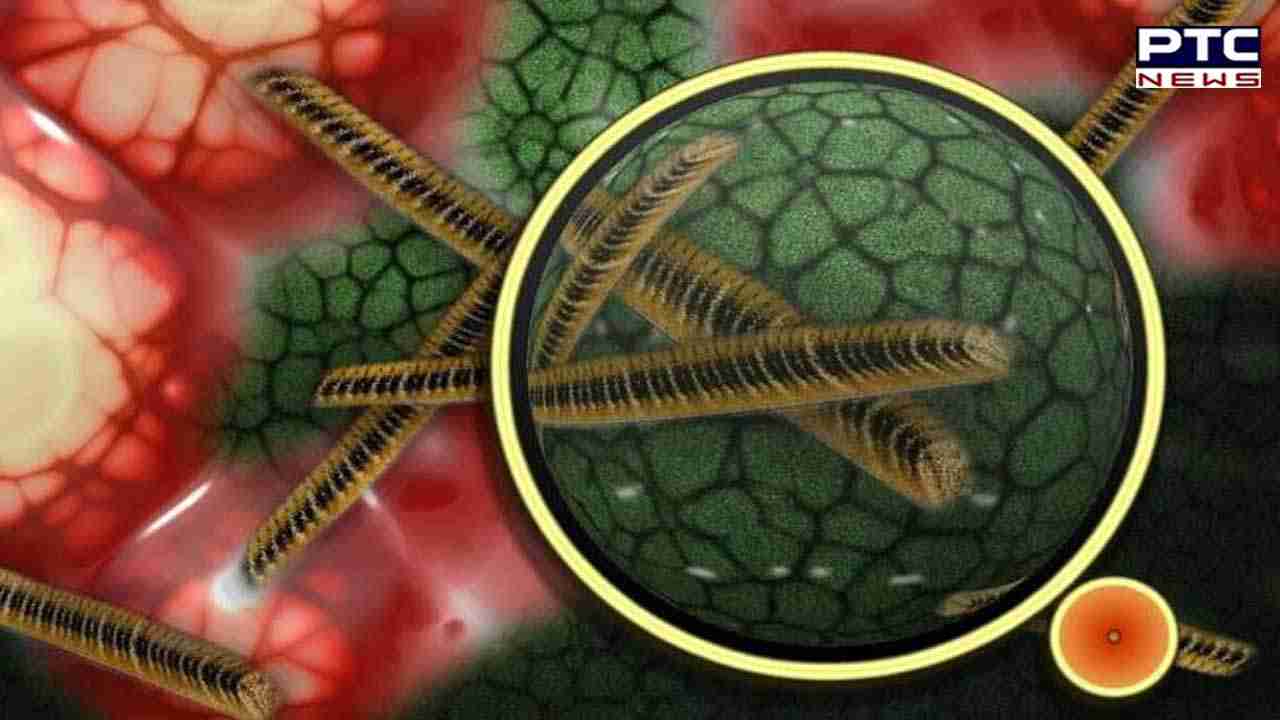

Some antibiotics extend bacteria's lifespan, raising questions about their impact
England, September 26: In a surprising revelation, English scientists have uncovered an unexpected consequence of certain antibiotics on bacteria: these medications can sometimes extend the lifespan of bacteria. While antibiotics have traditionally been known to either eradicate bacteria or inhibit their reproduction, they are commonly employed as a general treatment for bacterial infections. However, as antibiotic resistance has rendered some drugs ineffective, there are concerns that untreatable infections may become a leading cause of death globally by 2050.
Researchers at the University of Exeter have now demonstrated, for the first time, that antibiotics can actually have a beneficial impact on bacteria, shielding them from death. In research funded by EPSRC and recently published in PNAS, the team has revealed that specific antibiotics can alleviate stress and counteract the decline in bacterial populations when they are in a state of decline. This means that more bacteria manage to survive for extended periods compared to untreated populations.

Lead author Professor Robert Beardmore from the University of Exeter explained, "Our study began when we noticed that some bacterial strains unexpectedly did not grow in the lab until we treated them with antibiotics. Consequently, this presents the first evidence that antibiotics can promote the survival of bacteria. To address antibiotic resistance on a global scale, we need to gain a deeper understanding of the effects of these drugs on the balance of bacterial ecosystems, such as those found in gut microflora or environments exposed to antibiotics. Our research highlights previously unseen side effects, and we are still exploring how these drugs may be altering the dynamics of bacterial populations in such contexts."
In real-world settings, bacteria undergo periods of rapid growth interspersed with periods of stunted growth due to limited nutrients, leading to bacterial die-off. To date, little has been known about how antibiotics influence bacterial populations during these phases.
The scientists conducted experiments with E. coli in a laboratory setting. They found that antibiotics targeting ribosomes, which are cellular structures responsible for synthesizing proteins from DNA, not only slowed the growth of bacteria during their active phase but also prevented their death during dormant periods. Consequently, bacteria managed to survive for more extended periods overall.
Dr Emily Wood elaborated, "While many antibiotics impede bacterial growth, our study reveals that this can actually help bacteria overcome stresses arising from nutrient scarcity, which might otherwise be fatal. In our experiments, this effect is attributed to antibiotics acting as antioxidants, aiding cells in managing some of the waste products they produce as they grow."
"Importantly, antibiotic-resistant bacteria that we tested did not experience the same advantages. Therefore, our study suggests that this treatment does not promote antibiotic resistance, which is an unusual outcome. Our next step is to explore how these findings might affect the dynamics of bacterial communities comprising multiple species," Dr Emily Wood added.
Also Read | Plot purchase row: Arrest warrant issued against former Punjab Finance Minister Manpreet Singh Badal
- ANI
